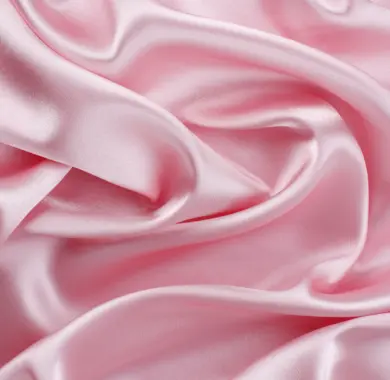



This revolutionary procedure offers facial and body tightening without surgery or downtime.MDSpa leads the way by offering the new leading edge comfort Total Tip technology.
At MD Spa we have some of the top Nurses in the city who preform all of our Botox, cosmetic filler and PRP treatments.
A 75 minute procedure where you will experience, cleansing, exfoliating, lymphatic drainage, LED light treatment finished off by infusing skin with intensive serums.
Elos Laser technology which uses vortex heating to target and disable the hair shaft. Laser energy first heats the hair shaft, then the Vortex is created as the RF energy encircles and heats the hair follicle.
Welcome To Our Clinic!
MD Spa and Laser Clinic is a medical service facility.
MD Spa and Laser Clinic is a medical service facility. Our primary function is to deliver care for our patients in a manner that facilitates the best possible cosmetic results. We deliver a full range of aesthetic medical procedures from skin tightening, laser resurfacing, rejuvenation, laser hair removal and many more use only non-invasive and/or minimally invasive cosmetic procedures. In addition, we are delighted to offer traditional aesthetic spa services like facial treatments, Waxing and Threading.

Instagram feed
We offer extensive medical procedures to outbound and inbound patients.
WE USE A FEW DIFFERENT TREATMENT OPTIONS FOR REMOVING SCARS AND STRETCH MARKS.
Thermage Skin Tightening
IT IS AN EFFECTIVE WAY TO GET RID OF YOUR DOUBLE CHIN WITHOUT SURGERY.
DOUBLE CHIN SOLUTION
WE PROVIDE THE BEST PROFESSIONAL LASER TEETH WHITENING SYSTEM AVAILABLE ANYWHERE
TEETH WHITENING
PHOTOFACIALS OFFER A ROBUST SOLUTION TO DARK PIGMENTED SPOTS
PHOTOFACIALS (IPL)
successful before & after gallery
We offer extensive medical procedures to outbound and inbound patients.
What People Say
"A beautiful spa to enjoy a beautiful relaxing facial! Everyone there is always so pleasant and helpful. I recommend this Clinic to anyone looking for professional well done work!"
Margaret Marrazzo
"Had my first microdermabrasion session last week and it was amazing and relaxing! after a few days my skin is looking great and renewed!"
Jamie Rideout
"I love this place. Their customer service is on point. Fantastic staff and very professional. Extra thumbs up to Shay at the front desk. Always friendly and polite."
Naomi Drost
MD spa TEAM
Make an Appointment
Recent News




Call today

















